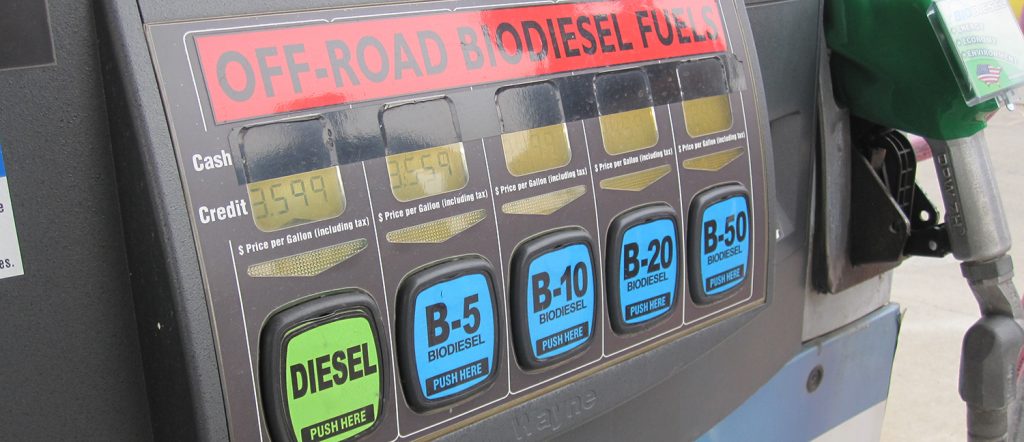Producers and advocates of clean fuels from around the country gathered in Washington D.C. in June for Clean Fuels Alliance America’s June 2022 Membership Meeting. Chris Hill, who sits on Clean Fuels’ governing board on behalf of the Minnesota Soybean Research & Promotion Council, was in attendance, along with Mike Youngerberg, MSR&PC’s senior director of product development and commercialization.
CFAA, formerly known as National Biodiesel Board, represents biodiesel, renewable diesel and sustainable aviation fuel and works to coordinate technical, environmental and quality assurance programs for the industry. During the meeting, members and invited guests heard updates from CFAA staff and guest speakers, including Joe Goffman, principal deputy administrator of the EPA, and Representative Randy Feenstra.
“These membership meetings fill me with energy,” Clean Fuels CEO Donnell Rehagen said.
Attendees also had the opportunity to participate in Hill visits with their state’s federal representatives and senators. The Minnesota delegation met with Rep. Dean Phillips, Sen. Amy Klobuchar, Sen. Tina Smith, Rep. Betty McCollum and Rep. Tom Emmer.

“While in Washington visiting our elected officials, we stressed the continuation of the Biodiesel Tax Credit,” said Hill, who farms in Jackson. “This credit gives producers the certainty to grow. Support has been bipartisan in the past and continues today.”
The Biodiesel Tax Credit is set to expire at the end of 2022. Thanks to the tax credit, the U.S. biodiesel and renewable diesel market grew from roughly 100 million gallons in 2005 to about 3.2 billion gallons in 2021.
MSR&PC’s Clean Fuels membership ensures support and access in several areas of the industry, including federal and state governmental affairs, quality assurance programs and industry coordination and prioritization. With a 4% reduction in overall diesel fuel prices and over 10% of the value of a U.S. bushel of soybeans attributed to clean fuels, the industry is important to Minnesota soybean farmers. But the benefits extend even farther to reach our communities and our economy by providing more than 65,000 jobs and reducing greenhouse gas emissions by an average of 74%. In Minnesota alone, biodiesel contributes nearly $1.7 billion toward Minnesota’s economy and adds more than 5,000 jobs.
“With the help of the soybean checkoff, tests with higher blends show that these industries can reduce emissions,” Hill said. “Making the move to higher blends is making a difference and driving demand for soybeans.”






